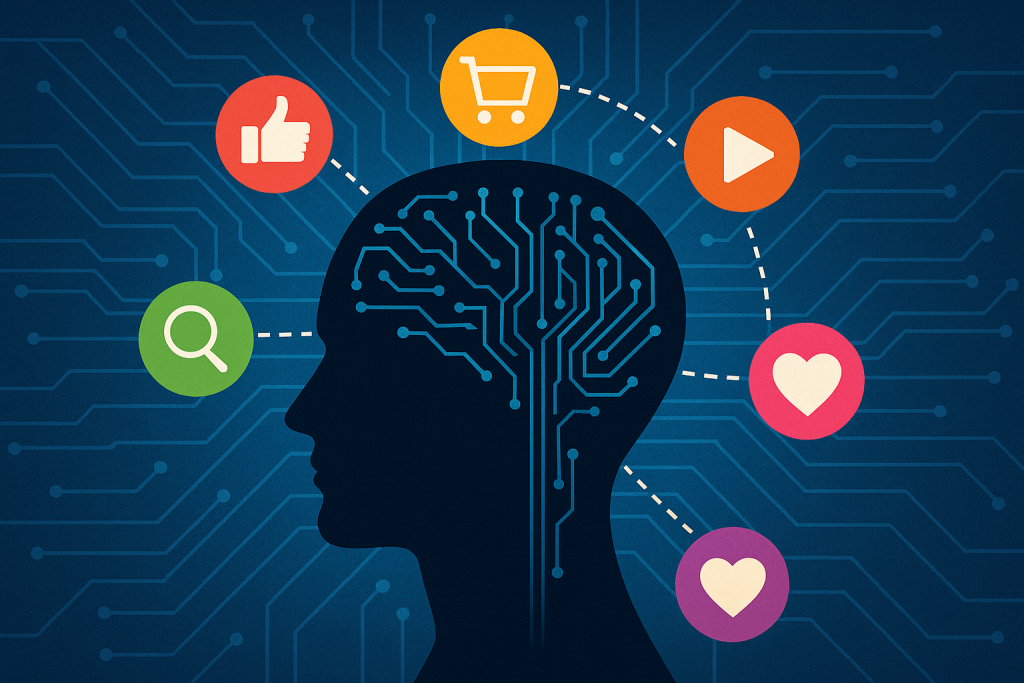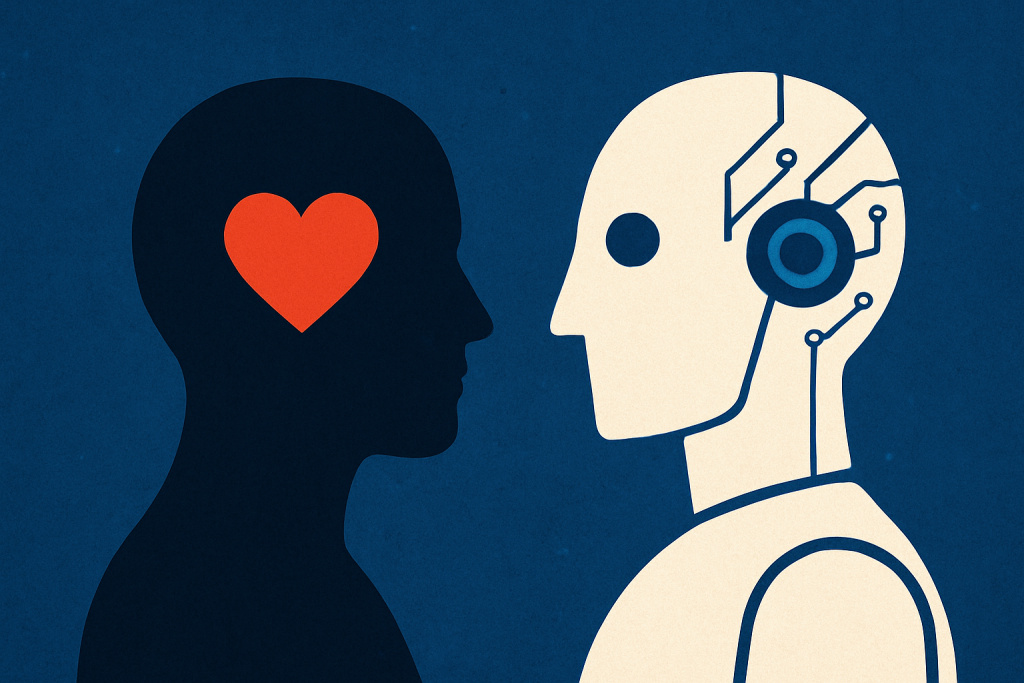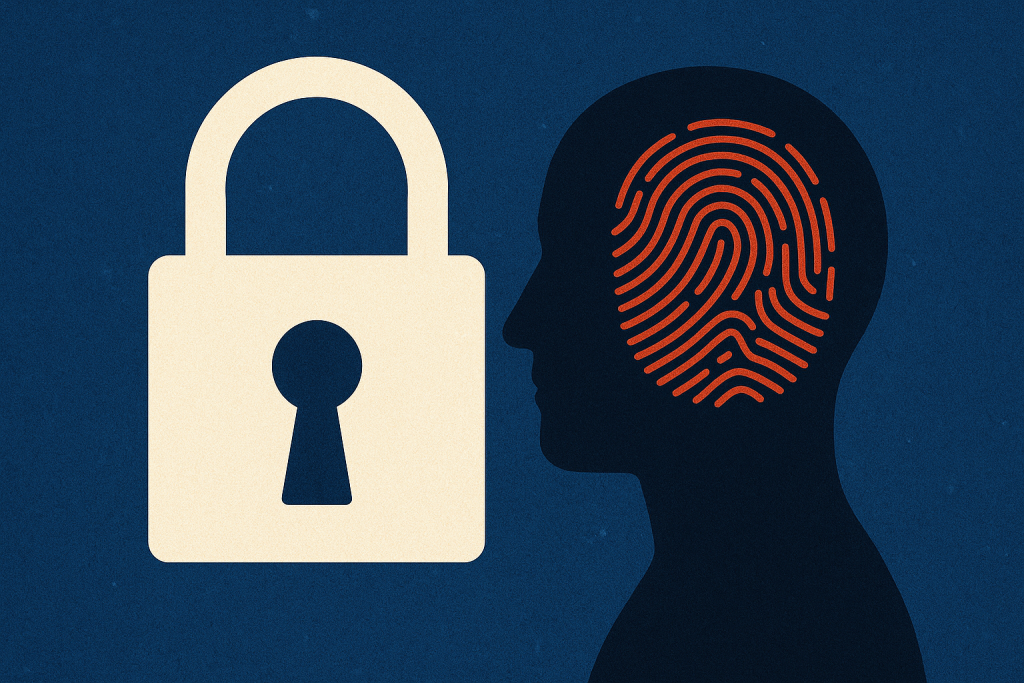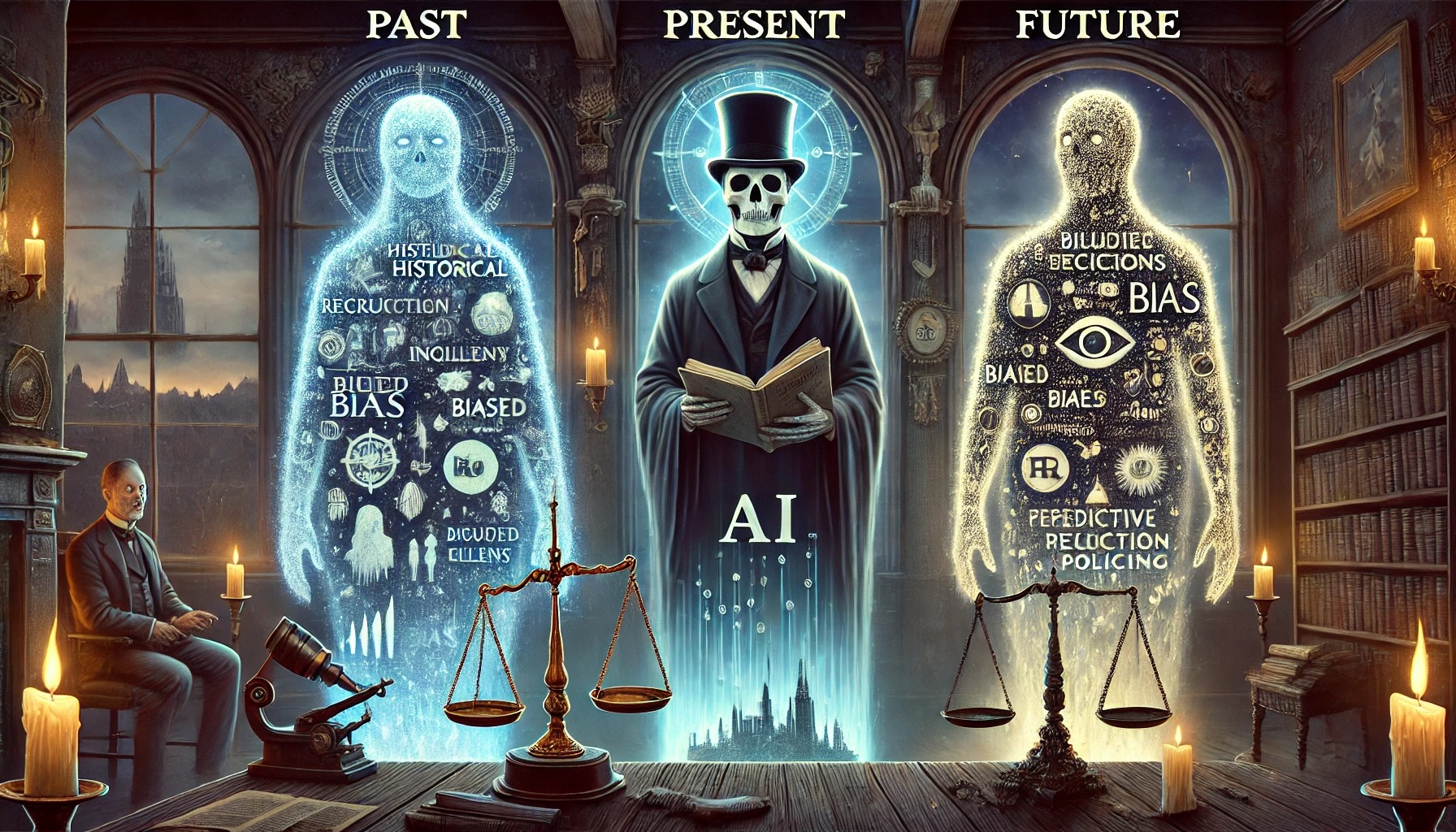In a world where we’ve grown accustomed to algorithms making decisions for us—whether it’s what we read, watch, or even buy—one question remains at the forefront: How much do these algorithms really know about us? The answer might surprise you.
At their core, algorithms are designed to process data, analyze patterns, and make predictions. But today, they are far more than mere number crunchers. These systems are learning, evolving, and, in many ways, understanding us in ways we never expected. They can predict what we’ll click, what we’ll like, and, increasingly, even how we feel.
A 2015 study by Cambridge University, referenced by Yuval Noah Harari in his book Homo Deus, revealed a striking finding: Facebook’s algorithms could predict a user’s personality and emotional states more accurately than their friends and family. The research showed that after just 300 “Likes,” Facebook’s algorithm could match a person’s personality traits more accurately than a spouse. Let that sink in for a moment—a machine can know you better than the people closest to you.
This finding raises important questions about the role of technology in our lives. Are algorithms really smarter than us? And if they can predict our thoughts and emotions more accurately than our friends, what does that mean for our personal autonomy? Let’s explore the growing influence of algorithms, the ethical implications, and what the future holds when machines become the new “mind readers.”
The Rise of Predictive Algorithms

The power of predictive algorithms is no longer just a theoretical concept—it’s part of our daily lives. Whether we’re aware of it or not, these systems are constantly analyzing our behavior. Every interaction we have online—every like, click, or post—feeds the machine. Over time, these algorithms begin to build a profile of who we are, what we like, and how we feel.
Take Facebook, for example. The social media giant uses an intricate algorithm to determine what content will show up in your feed. It analyzes your behavior and interaction patterns to predict what posts you’re most likely to engage with. The more data it collects, the better it becomes at knowing what will grab your attention. But it doesn’t stop there. Through sophisticated machine learning techniques, Facebook’s algorithm also gathers emotional cues based on your interactions with content.
The same principle applies to other platforms—Google, Amazon, Netflix, and even the apps on your phone. Each time you interact with them, their algorithms learn more about you. They track everything: your browsing history, your location, your purchases, your time spent on certain content. In essence, they’re building a digital “you,” with an understanding of your habits, desires, and even your emotional responses.
The idea that a machine can know us better than our closest relationships may seem unsettling, but it’s becoming more of a reality every day. Algorithms can predict things about us that we might not even be fully aware of—our moods, our preferences, our tendencies. And this is just the beginning. The more data we give, the more they learn.
The Human Element: Can Machines Truly Understand Us?

This rapid advancement in machine learning and AI has led many to question: Are algorithms truly smarter than us? The answer isn’t so clear-cut. While algorithms are undoubtedly powerful tools, they are still limited by the data they are given. They can predict patterns based on historical data, but they cannot replicate the depth of human experience. Emotion, intuition, and context are deeply embedded in human interactions and decision-making. These are elements that machines struggle to fully comprehend.
Take, for instance, a simple human conversation. While an algorithm might predict that a certain phrase will likely trigger a positive emotional response based on past interactions, it cannot interpret the nuances of tone, body language, or intent that are naturally understood in human-to-human exchanges. An algorithm may accurately predict that a person will respond to a message with joy based on previous behavior, but it won’t understand the subtle layers of why—why the joy feels different today, why it’s tied to a particular memory, or how it connects to deeper emotional needs.
This is where algorithms, despite their power, fall short. They can predict behavior, but they cannot truly understand the context behind it. In a sense, the algorithm “knows” us in a limited, transactional way—it understands our patterns and habits, but it doesn’t have the ability to empathize with us or offer the kind of intuitive, empathetic understanding that humans can.
However, the gap between human understanding and algorithmic prediction is closing. As people willingly spend more and more time interacting with social media, machine learning becomes more sophisticated. It is getting better at recognizing patterns in emotional responses. AI systems can now analyze facial expressions, tone of voice, and even the content of written messages to assess emotional states. In some cases, algorithms can predict mood swings, anxiety, or happiness with alarming accuracy. This doesn’t necessarily mean they “understand” us, but it does suggest that, in some ways, they can learn to predict our emotional states with increasing precision.
The Ethical Dilemmas: Who Owns Your Data?

The ability of algorithms to predict emotions and behavior raises serious ethical concerns. One of the key issues is privacy. When an algorithm can predict your emotional state based on your interactions, how much of your personal life is being monitored? Who owns that data, and how is it being used?
The Facebook study highlighted in Homo Deus also touches on the implications of using personal data to predict and influence behavior. The more algorithms know about us, the more they can shape our actions. This can have both positive and negative consequences. On the positive side, predictive algorithms can be used to enhance user experience, recommend relevant content, or provide helpful services. However, the downside is that these algorithms can also be used for manipulation—whether it’s influencing consumer behavior through targeted advertising or swaying political opinions through micro-targeted messages.
As these algorithms become more adept at understanding our emotions, they will be increasingly capable of influencing our decisions. This raises the question: Do we have control over our own choices, or are we being subtly pushed in certain directions by unseen forces?
The challenge lies in finding a balance between leveraging the power of predictive algorithms for good while maintaining our autonomy and privacy. We need to ask ourselves how much control we’re willing to give up in exchange for convenience or personalization.
What Does the Future Hold?
Looking ahead, the role of algorithms in our lives will only continue to grow. The Facebook study cited in this article was from 2015. It only stands to reason that the algorithms have improved and evolved. Instagram (the evolution of Facebook), TikTok, YouTube, Netflix, Amazon are all using algorithms to serve us. Or are they? If you aren’t paying for the product, you are the product. As machine learning and AI become more integrated into our daily experiences, we may face new challenges around identity, autonomy, and control. The question isn’t just whether algorithms are smarter than us, but whether we’re comfortable with the level of influence they have over our lives.
As we move further into this data-driven future, we need to think critically about our relationship with technology. How much are we willing to trust algorithms to make decisions for us? And what kind of ethical frameworks can we create to ensure these technologies are used responsibly? Anecdotally or empirically, it’s easy to see we spend about 4-6 hours each day plugged in to some internet-enabled device. How could this time and attention be one-way? Meaning while we think we are controlling this behavior, it’s also gradually shaping our opinions, moods, and perceptions.
The growing influence of algorithms is a reality we cannot ignore, but it’s one we must navigate with intention and awareness. The future will be shaped by the choices we make today—choices about how we interact with technology, how we protect our privacy, and how we balance the power of algorithms with the preservation of our humanity. With 30-40% of our waking hours already spent immersed in a digital world, how much more of ourselves are we willing to cede to the algorithm?
Calls to Action
As we consider these developments, it’s important to ask ourselves some tough questions:
- Is it ethical for companies to use algorithms to predict our emotional states and personality traits, especially when these predictions might influence our decisions without our awareness?
- If algorithms can predict our emotions and personality more accurately than our closest relationships, how does that change our sense of identity and personal autonomy?
- Are algorithms truly smarter than us, or is there a danger in accepting machine predictions as more accurate than human intuition? What would a society look like if we let algorithms make more decisions about our lives?
These questions are only the beginning. The answers will shape how we engage with the future of technology and its role in our lives.

Percipio Company is led by Matthew Cahill. His deep expertise in cognitive, social, and workplace biases is rooted in the belief that if you have a brain, you have bias®. He works with executives to reduce mental mistakes, strengthen workplace relationships & disrupt existing bias within current HR processes, meeting protocols and corporate policies. Matthew has demonstrated success with large clients like LinkedIn, Salesforce and dozens of small to mid-size companies looking to create more inclusive workplaces, work smarter, generate more revenue and move from bias to belonging®.





